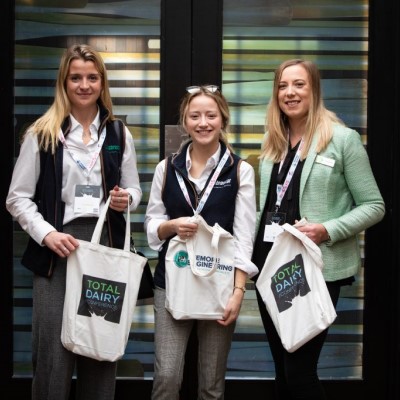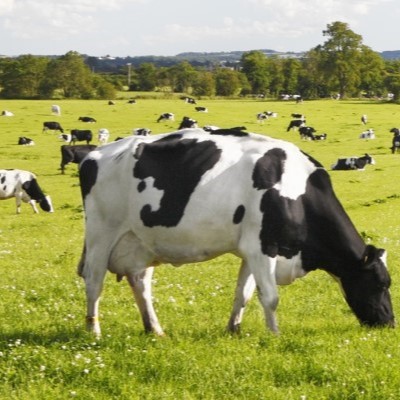CIEL | Project: Breed for CH4nge – breeding low methane sheep
Genetics | Reproduction | Behaviour | Nutrition | Health & Welfare | Productivity | Food Integrity | Environmental Impact
Funding call: Farming Innovation Programme small R&D partnership projects R2
Lead partner: Innovis
Consortium Partners: AHDB, CIEL, Harper Adams University, National Sheep Association, Performance Recorded Lleyn Breeders (PRLB), Sheep Improving Group (SIG), Scotland’s Rural College (SRUC), Pilgrim’s Pride, Waitrose & Partners.
Overview
Sheep farming is critical to the UK rural economy, generating farmgate revenues of £1.5bn for UK agriculture, and is integral to the maintenance of highly-valued landscapes. Importantly however, as highlighted in CIEL’s 2020 Net Zero & Livestock report, ruminant livestock are responsible for 12% of UK farming emissions, and enteric methane contributes 50 – 60% of the carbon footprint of sheep enterprises. The use of genetic technologies to improve lifetime productivity and health of the English ewe flock is a recognised opportunity to reduce the carbon footprint of lamb production.
Breed for CH4nge is an industry-wide project that will develop genetic improvement tools centred on sustainability through a combined focus on profitability, productive efficiency (for key inputs/outputs), and environmental impact in terms of GHG emissions, bringing these explicitly into novel selection objectives. Further gains are possible through breeding sheep that produce less enteric methane per unit of feed consumed.
Genetic selection for low methane production could cumulatively reduce emissions from sheep production by 1 – 2% per year; 10 – 20% after 10 years. The technological challenge is to build on-farm measures of methane emissions, efficiency and health into existing sheep breeding programme objectives.
Scope and impact
The 3-year initiative, led by Innovis, a leading supplier of performance-recorded rams, will measure methane emissions from a total of 13,500 sheep in 45 flocks, collect the necessary data and build and develop the tools required to genetically reduce methane emissions and improve the efficiency of the national flock. The project will eventually demonstrate the impact of low-carbon sheep on whole farm carbon footprints.
Innovis will partner with other progressive, performance-recording maternal sheep breeder groups including Sheep Improvement Group (SIG), breeding the Exlana, Performance Recorded Lleyn Breeders (PRLB) and the Centurion Group of Dorset Sheep Breeders to deliver the research and host on-farm events.
Scientific input, technology and additional genetics expertise will be provided by Scotland’s Rural College (SRUC) and Harper Adams University, while Signet Breeding Services, part of AHDB, will provide performance recording services.
Industry and supply chain partners – CIEL, Pilgrim’s Pride and Waitrose & Partners, will help steer farm system modelling including the use of carbon calculators and will drive an integrated knowledge exchange (KE) programme. National Sheep Association (NSA) will provide a direct and important link with the wider industry and a ‘guiding hand’ regarding policy issues.
Project outputs will be breeding values (pedigree-based and genomic) for novel traits and a ‘carbon’ index that identify sheep genetics which can reduce carbon footprint of both sheep meat and the farm. An improved understanding of underlying biology will prevent unfavourable consequences of genetic changes and ensure sustainable selection.
A knowledge exchange programme will demonstrate the impact of improved ewe genetics on carbon footprint of English farms, aiming to inspire the agricultural community to adopt technologies that make farms more resilient to future challenges, contributing to a green recovery towards UK Net Zero.
Genomic breeding values (gBVs) provide opportunity to overcome barriers to sustained genetic improvement that can be disseminated rapidly and widely across sheep flocks. This task is too challenging for individual breeders in isolation; however, this collaboration of breeders, academics and industry bodies will pioneer a route towards net zero carbon for the English sheep sector.
For more information, please contact James Burchell via the enquiry form.
If you have a query about this, or any of our projects please get in touch below. To ensure your enquiry reaches the the correct team member please state who you are trying to contact.







